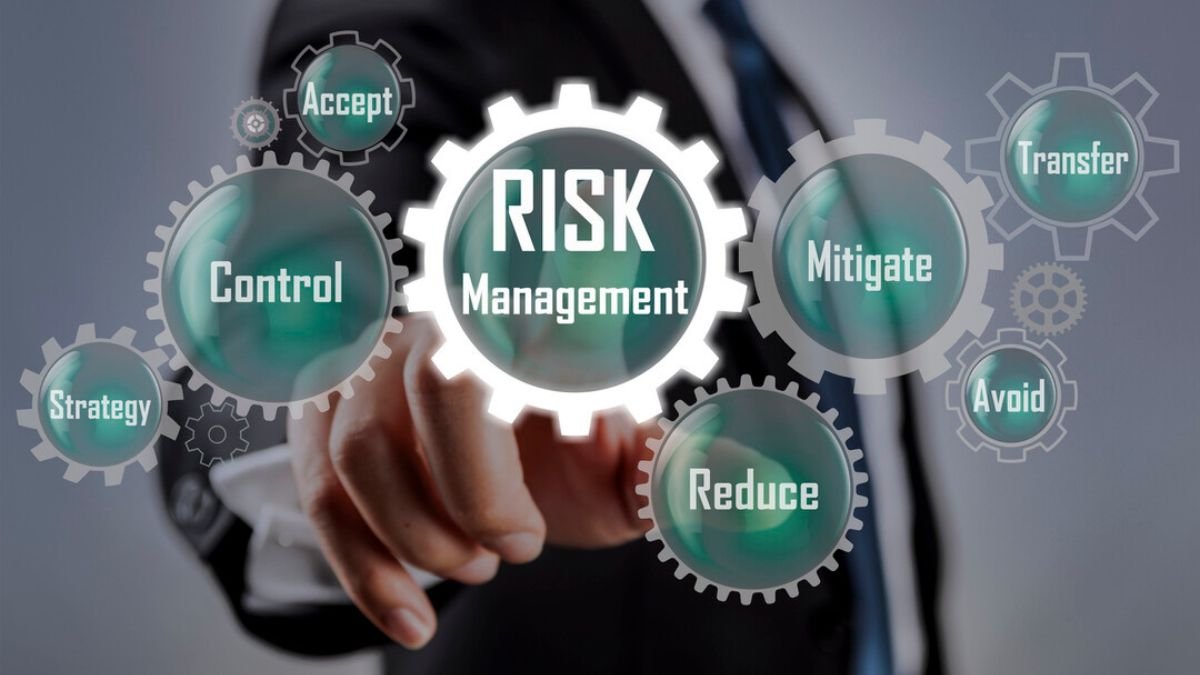Key Takeaways
- Understanding how risk management enhances hospital operational efficiency.
- Exploring strategies to mitigate risks in hospital systems.
- The role of technology and data in modern risk management.
- Insights into global trends in risk management for healthcare institutions.
Table of Contents
Introduction to Risk Management in Hospitals
Hospitals rely on risk management to thrive in the complex healthcare environment. The rapid pace of operations necessitates effective risk management practices. These practices identify, assess, and mitigate risks to protect financial health and patient trust. This proactive approach prevents potential crises and enhances operational resilience, enabling healthcare facilities to overcome challenges and improve service delivery. Hospital administrators recognize the importance of sophisticated risk management strategies in the dynamic healthcare landscape. Healthcare facilities may encounter several difficulties without a thorough plan, which might impair their capacity to provide high-quality treatment and preserve their financial stability. A cornerstone of these strategies is acquiring professional liability insurance healthcare, a crucial shield against unpredictable liabilities and the intricate web of healthcare regulations.
The healthcare industry is evolving due to technological advancements and increasing patient expectations. Risk management is crucial for operational strategy, as hospitals must comply with regulatory requirements and maintain service delivery. Effective risk management protects providers from legal and financial repercussions, upholds patient safety, and ensures institution longevity and growth.
Identifying Key Risks in Hospital Systems
Hospital operations encompass challenges and risks impacting patient care, efficiency, and institutional stability. Clinical risks, such as surgical errors, medication mishaps, and hospital-acquired infections, directly threaten patient safety. Operational risks stem from staff shortages, logistical inefficiencies, and aging infrastructure, potentially disrupting healthcare delivery. Financial uncertainties, including budget constraints and litigation threats, add to the complexity, while reputational risks, such as negative publicity, can erode public trust. Hospitals must proactively reduce these risks, find weak points, and carry out calculated actions. By strengthening risk management systems, hospitals can enhance patient outcomes, optimize operations, and safeguard their financial and reputational integrity in an ever-evolving healthcare landscape.
Proactive Risk Mitigation Strategies
Mitigating hospital risks requires a deeply ingrained culture of preparedness and resilience across all operational levels. This begins with regular training programs that enhance staff competence, minimize human errors, and instill a strong safety culture. Stringent safety protocols, continuous monitoring, and systematic evaluation mechanisms are essential for quality control. A well-structured risk management framework ensures hospitals can swiftly identify, assess, and address potential threats. By integrating these strategies, hospitals bolster their ability to respond effectively to emergencies, ensuring service continuity and high-quality patient care. A proactive approach strengthens institutional resilience, allowing healthcare facilities to operate efficiently and safeguarding patients and staff, even under crisis conditions.
Leveraging Technology for Effective Risk Management
Technology is a transformative force in modernizing risk management tactics in healthcare institutions. Hospitals that leverage digital health innovations gain a significant edge, utilizing real-time data acquisition and analysis tools, automated reporting mechanisms, and integrated patient information systems. These technological solutions minimize risks and optimize patient care delivery, enabling predictive analytics that enhance decision-making and proactive risk aversion. This strategic technology integration empowers healthcare providers to turn data insights into actionable outcomes, fostering better patient experiences and institutional efficiency.
The Importance of Data in Risk Management
Data is crucial in enhancing precision and effectiveness in risk management, serving as the backbone of informed decision-making and strategic foresight. Hospitals leveraging big data analytics can detect trends, recognize early warning signals, and implement proactive interventions to minimize risks. Healthcare providers embrace evidence-based best practices and comply with industry norms by turning raw data into meaningful insights. This data-driven approach optimizes patient safety, operational efficiency, and competitiveness. Predictive analytics enables early detection of potential issues, allowing timely responses that improve outcomes. Ultimately, data is a vital asset, empowering hospitals to navigate uncertainties, refine strategies, and maintain high standards in healthcare risk management.
Trends in Global Healthcare Risk Management
Globally, the healthcare sector showcases evolving trends in risk management that local institutions can adapt and integrate. Observing international risk management trends offers critical insights into innovative practices and strategies. This exchange of information catalyzes improvement and adaptation, allowing healthcare providers to learn from global knowledge pools and customize methods to local settings. As a result, global collaborations enhance the risk management landscape, setting a precedent for excellence and proactive approaches globally.
Case Studies: Successes and Lessons Learned
Success stories from the frontlines of hospital risk management reveal the tangible benefits and rich lessons of implementing effective strategies. These case studies illustrate how custom strategies tailored to specific challenges lead to triumphs in mitigating risks, highlighting the importance of learning from successes and failures. Other healthcare providers can refine their methodologies, adapt best practices, and avoid potential pitfalls by critically examining these examples. Such learning from real-world applications fosters continuous improvement, translating theoretical models into practical, beneficial implementations.
Concluding Thoughts: Future of Risk Management in Healthcare
The future of risk management in healthcare promises significant evolutions driven by technological advancements and global integration. Organizations that make risk management a dynamic, essential component of their strategy framework are ready to reduce risks and take advantage of expansion and innovation possibilities. As tools and technologies become more sophisticated and accessible, hospitals can continue to optimize their risk management processes, ensuring robustness, adaptability, and superior patient care. Forward-thinking healthcare institutions are poised to lead in this transformative era, leveraging risk management as a catalyst for excellence and resilience.

